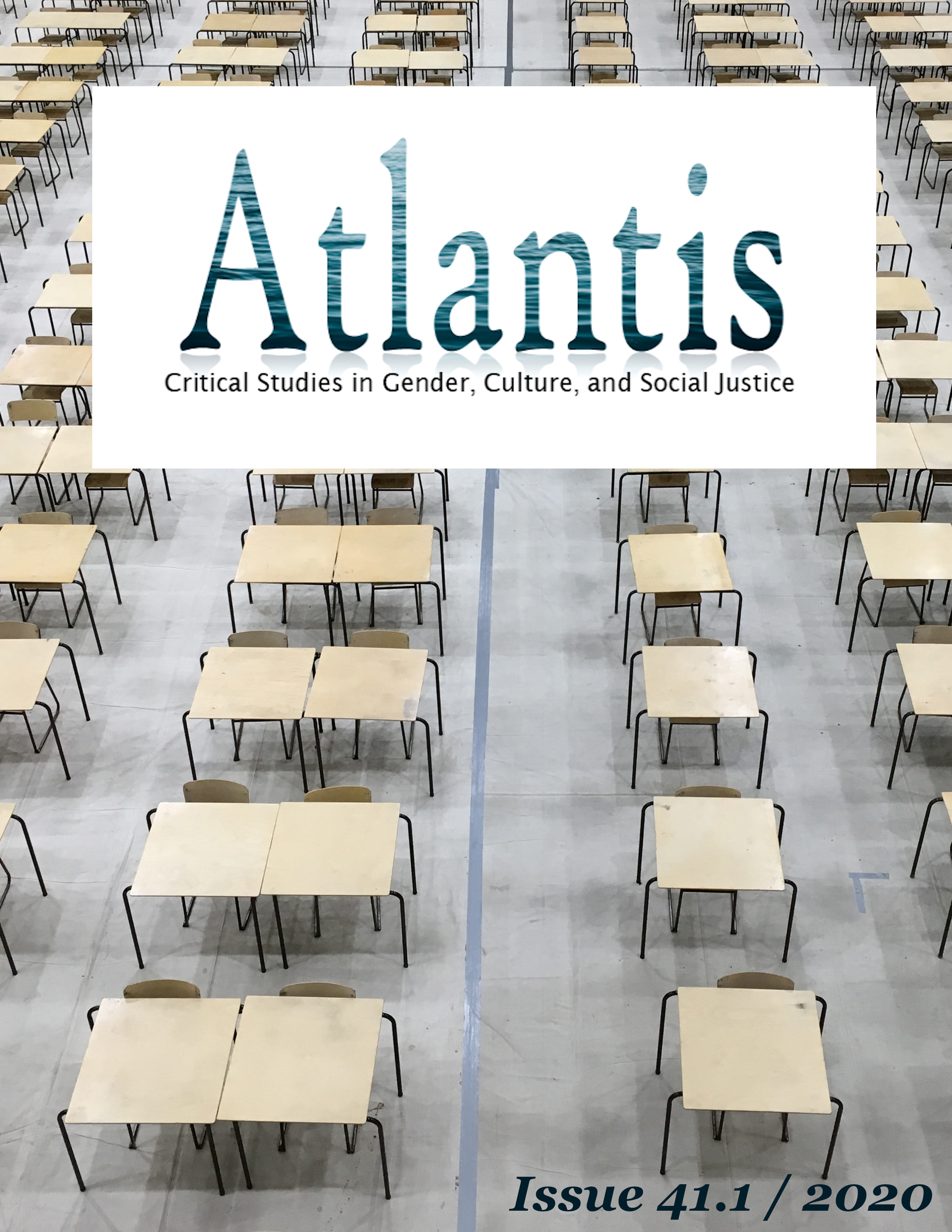Family Matters: Immigrant Women’s Activism in Ontario and British Columbia, 1960s -1980s
Keywords:
immigrant women, family, feminism, motherhoodAbstract
This article uses oral history interviews to explore the ways in which different attitudes towards family and motherhood could create major tensions between mainstream feminists and immigrant women’s activists in Ontario and British Columbia between the 1960s and the 1980s. Immigrant women’s belief in the value of the family did not prevent immigrant women from going out to work to help support their families or accessing daycare and women’s shelters, hard fought benefits of the women’s movement. However, these women demanded access to job training, English language classes, childcare, and women’s shelters on their own terms, in ways that minimized the racism they faced, respected religious and cultural values, and respected the fact that the heterosexual family remained an important resource for the majority of immigrant women.
Immigrant women activists were less likely to accept a purely gender-based analysis than mainstream feminists. They often sought to work with men in their own communities, even in dealing with violence against women. And issues of violence and of reproductive rights often could not be understood only within the boundaries of Canada. For immigrant women violence against women was often analyzed in relation to political violence in their homelands, while demands for fully realized reproductive rights drew on experiences of coercion both in Canada and transnationally.
Downloads
Published
Issue
Section
License
Authors who publish with this journal agree to the following terms:
1. Authors retain copyright and grant the journal right of first publication, with the work simultaneously licensed under a Creative Commons Attribution 4.0 International License that allows others to share the work with an acknowledgement of the work's authorship and initial publication in this journal.
2. Authors are aware that articles published in Atlantis are indexed and made available through various scholarly and professional search tools, including but not limited to Erudit.
3. Authors are able to enter into separate, additional contractual arrangements for the non-exclusive distribution of the journal's published version of the work (e.g., post it to an institutional repository or publish it in a book), with an acknowledgement of its initial publication in this journal.
4. Authors are permitted and encouraged to preprint their work, that is, post their work online (e.g., in institutional repositories or on their website) prior to and during the submission process. This can lead to productive exchanges, as well as earlier and greater citation of published work. Read more on preprints here.







